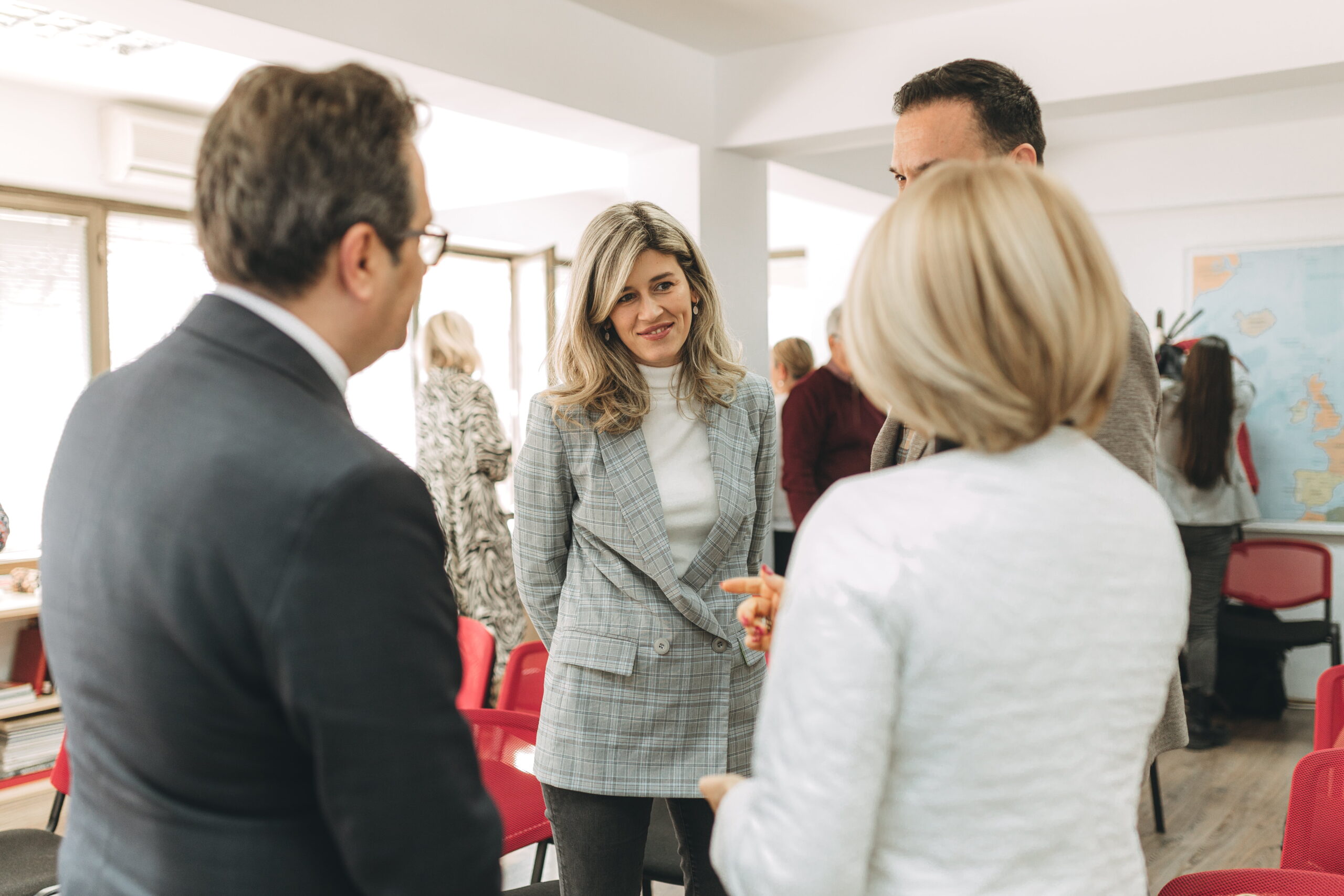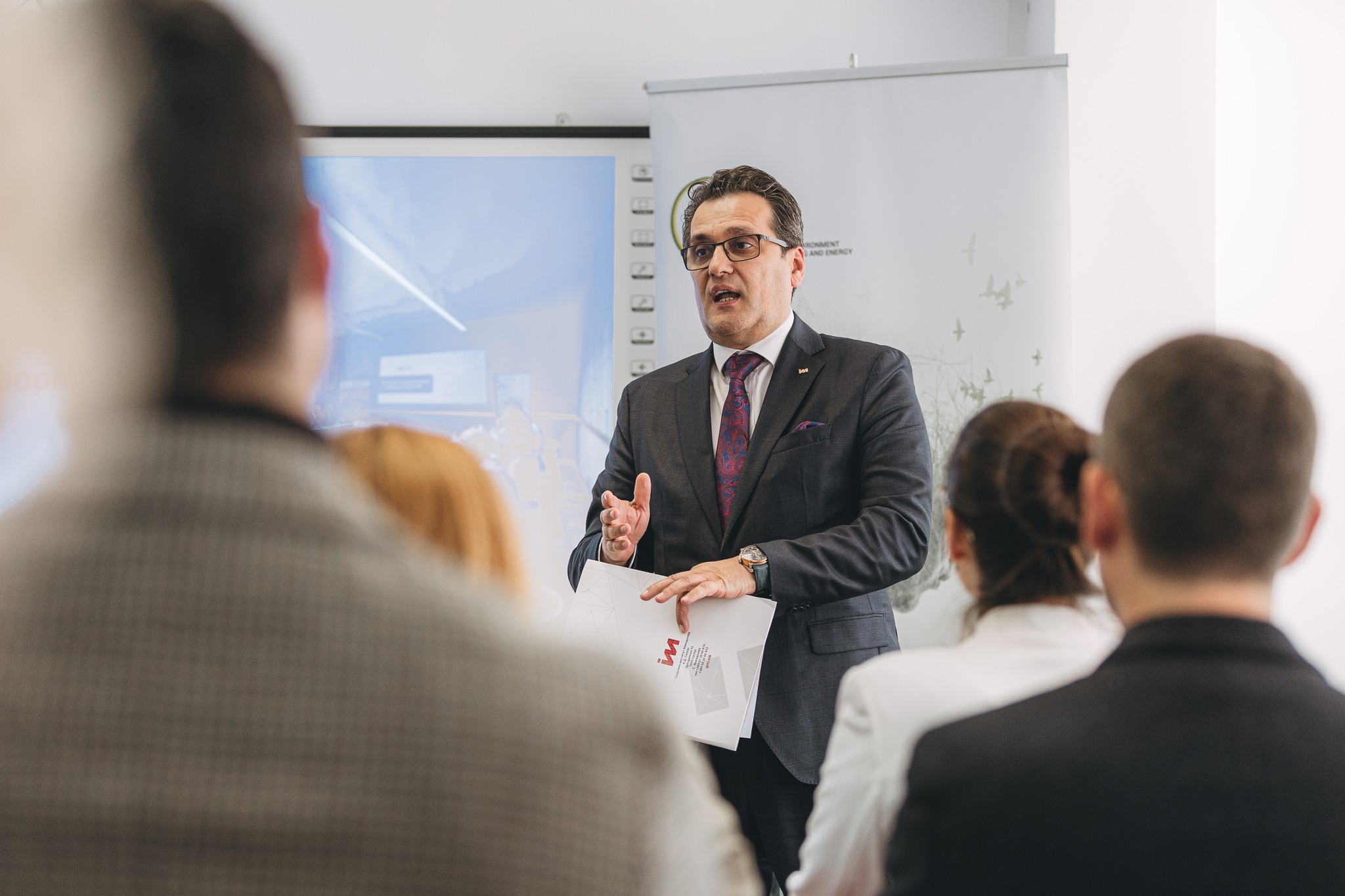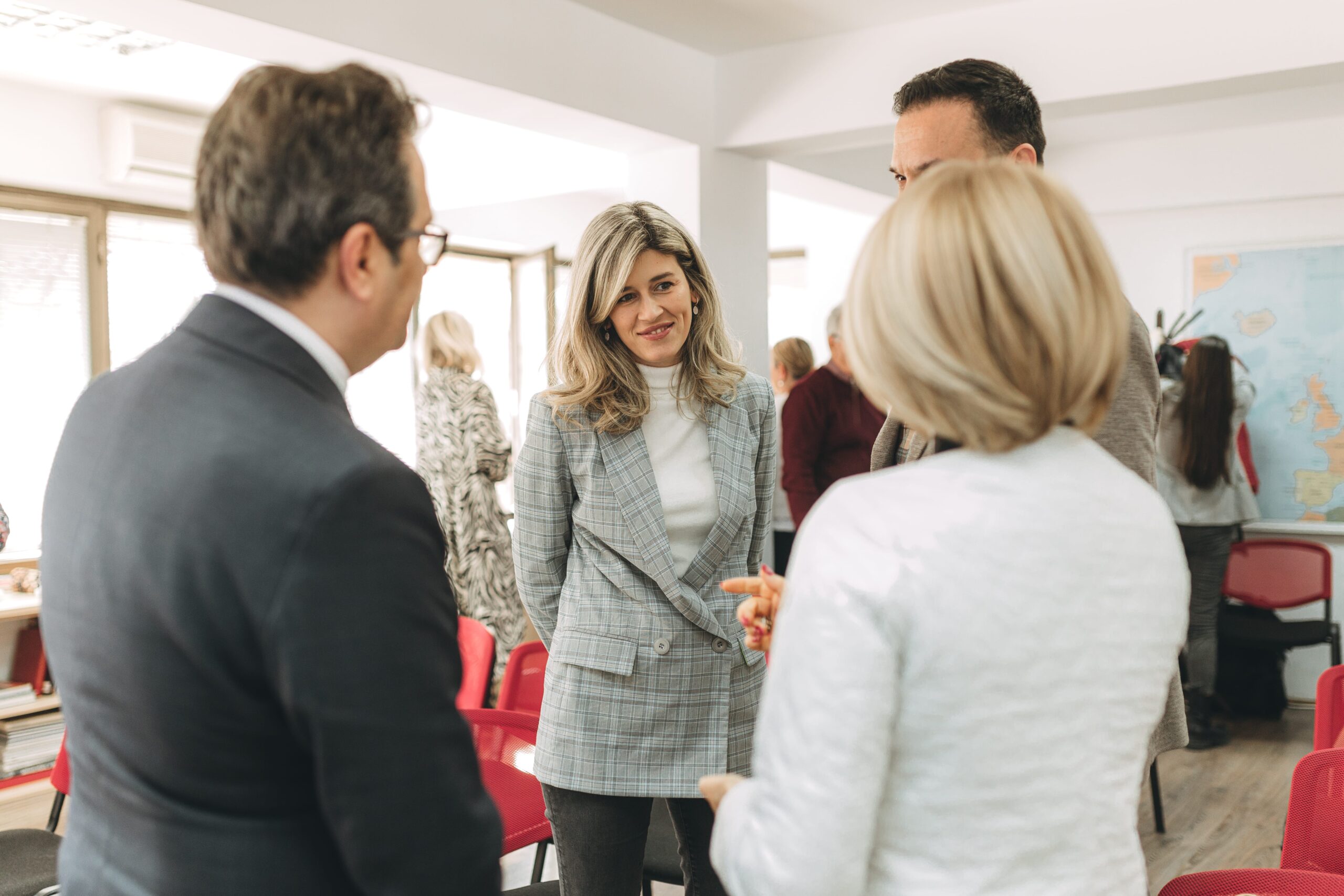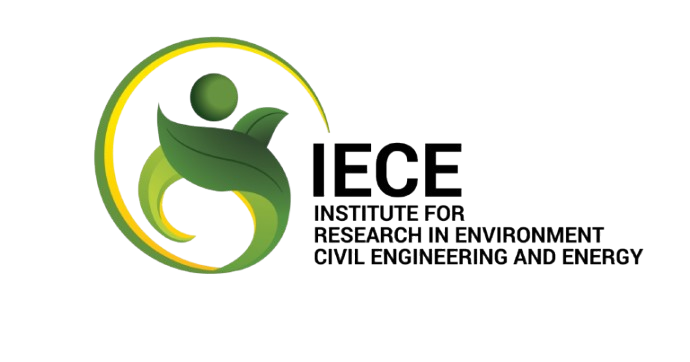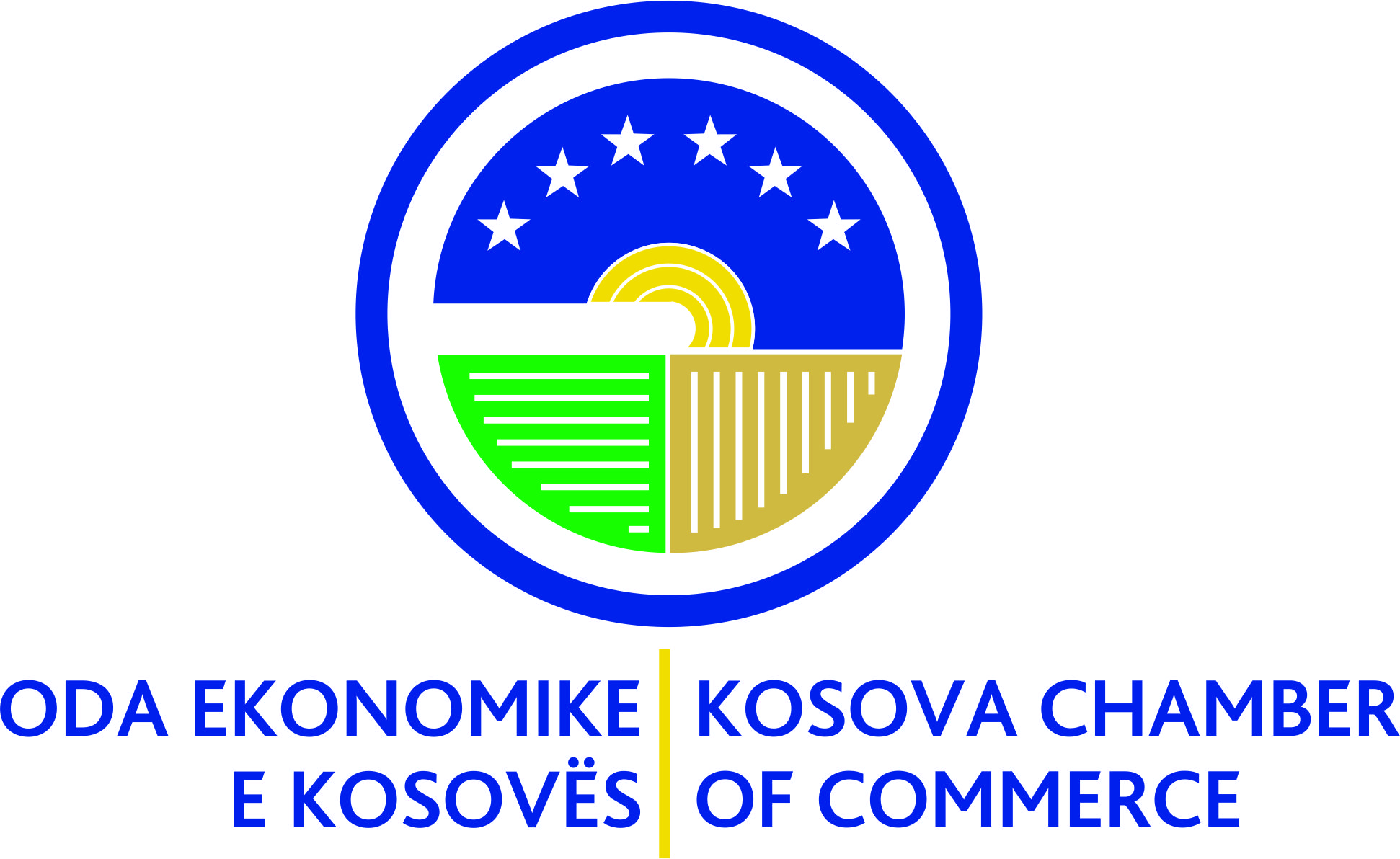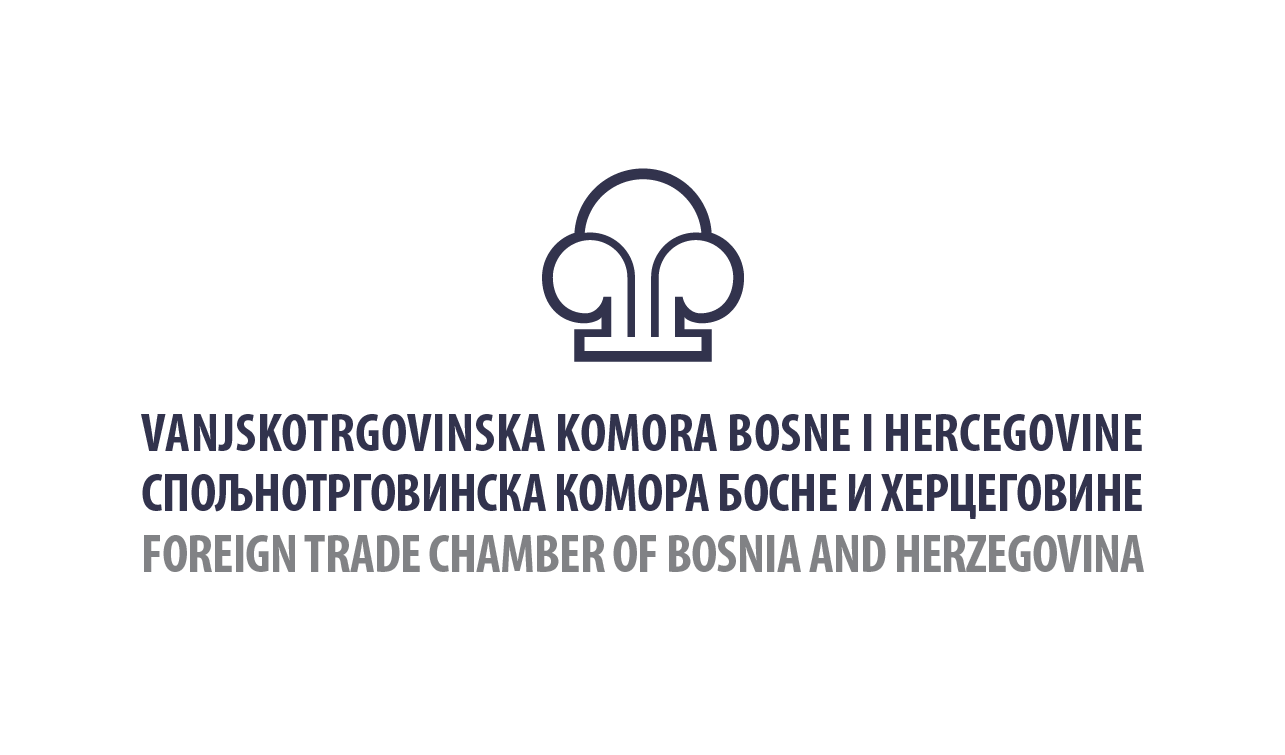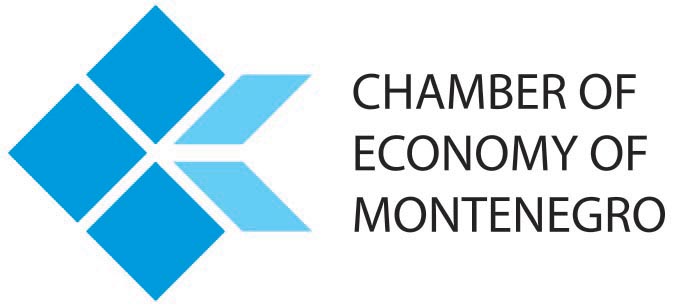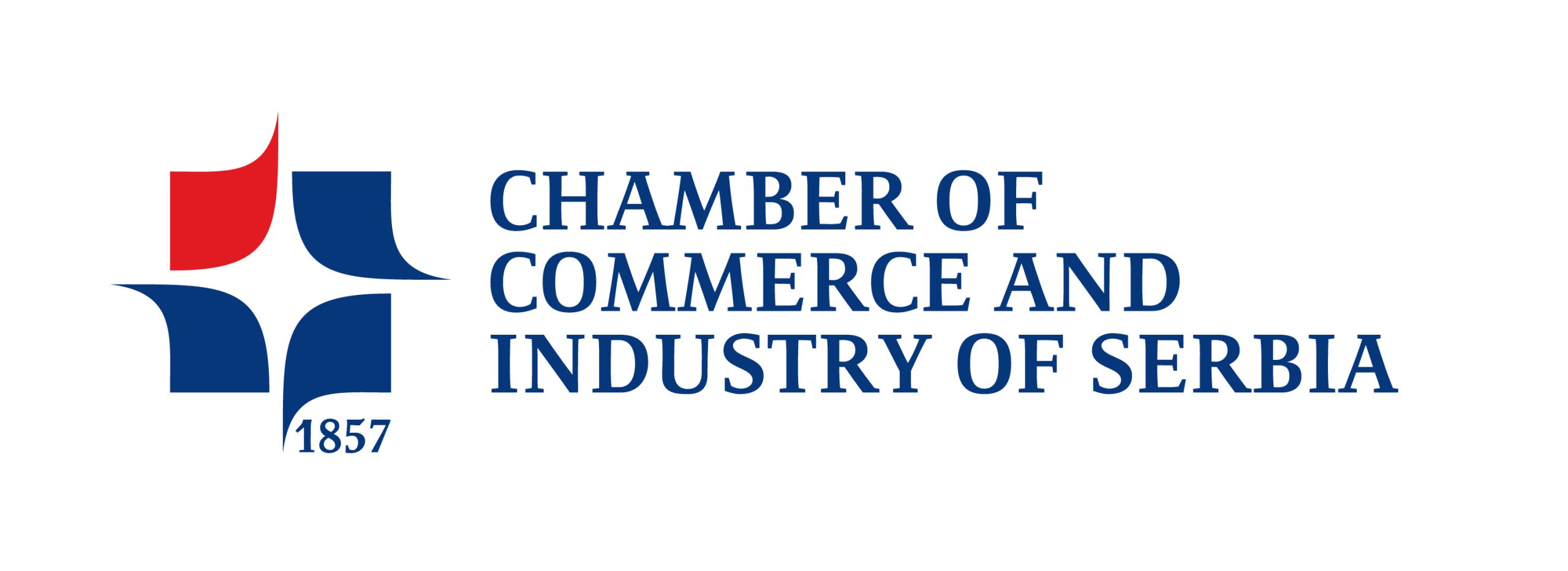The Western Balkans faces urgent environmental and economic challenges — from rising air, water, and soil pollution to biodiversity loss and unsustainable resource use. Globally, circularity is also in decline: the use of secondary raw materials has dropped from 9.1% in 2018 to just 7.2% in 2023.
In our region, demand for raw materials remains high, while the transition to sustainable systems is hindered by underdeveloped infrastructure, limited data, and fragmented national efforts.
At the same time, Western Balkan countries are increasingly expected to align with EU sustainability frameworks, especially the Green Agenda for the Western Balkans, where circular economy is one of five central pillars. Although most countries have developed national circular economy roadmaps — and some even host digital CE platforms via their chambers of commerce — a broader, coordinated regional approach is still missing.
The Western Balkans Circular Economy Hub (WBCEH) was created in response
to growing environmental challenges and the urgent need to transition
away from a linear economy.

It is envisioned as a focal point that connects stakeholders across the six Western Balkan countries, consolidating national-level efforts, and promoting collaboration, knowledge exchange, and innovation on a regional scale. By doing so, the WBCE Hub helps accelerate the transition to a circular economy, creating shared value for businesses, institutions, and communities across the region.
The 2-years project is co-funded by the Institute for Research in Environment, Civil Engineering and Energy (IECE) and the RECONOMY programme, and implemented by IECE.
WBCE Hub will offer a wide range of activities aimed to improve the knowledge and skills to thrive within the circular economy framework mainly for three target groups – youth, women and companies. The activities range from training and capacity building, information dissemination, networking and collaboration opportunities, facilitating access to finance, mentorship program and advisory services among others. Our activities are tailored to support three key target groups:
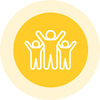
Youth
(15-34 years old), eager to learn and gain CE knowledge, build new skills, start a career in the field or a establish their own circular companies or initiatives

Micro, Small and Medium Enterprises (MSMEs)
looking to implement circular practices or shift from a linear to a circular business model — whether voluntarily or to meet regulatory requirements

Women
looking to upskill, receive mentorship, or switch careers into the green and circular economy sectors
Vision
A thriving, collaborative circular economy ecosystem in the Western Balkans that drives innovation, sustainability, and shared prosperity.
Mission
To enable and accelerate the circular transition in the region through capacity building, stakeholder engagement, and practical support.
Core Values
Collaboration — We believe that working together across sectors, countries, and communities is essential to driving circular change.
Co-creation — We foster environments where stakeholders actively work together to design, implement, and scale circular solutions.
Care — We prioritise environmental stewardship, social responsibility, and inclusion in all our activities.
Courage — We champion bold action and transformative change, even when it challenges the status quo

